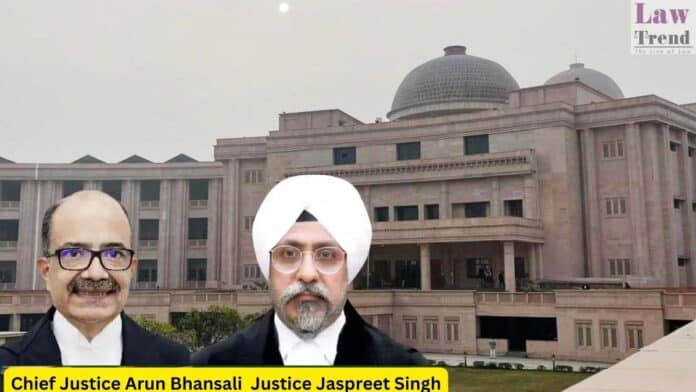The Allahabad High Court, Lucknow Bench, has dismissed three special appeals, ruling that an intra-court appeal against an order framing a charge in contempt proceedings is not maintainable if the Contempt Court has not decided any issue relating to the merits of the original dispute. A division bench comprising Chief Justice Arun Bhansali and Justice
To Read More Please Subscribe to VIP Membership for Unlimited Access to All the Articles, Download Available Copies of Judgments/Order, Acess to Central/State Bare Acts, Advertisement Free Content, Access to More than 4000 Legal Drafts( Readymade Editable Formats of Suits, Petitions, Writs, Legal Notices, Divorce Petitions, 138 Notices, Bail Applications etc.) in Hindi and English.




